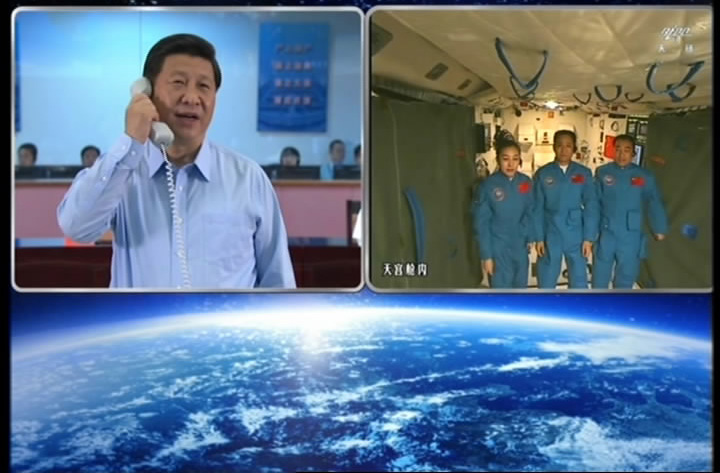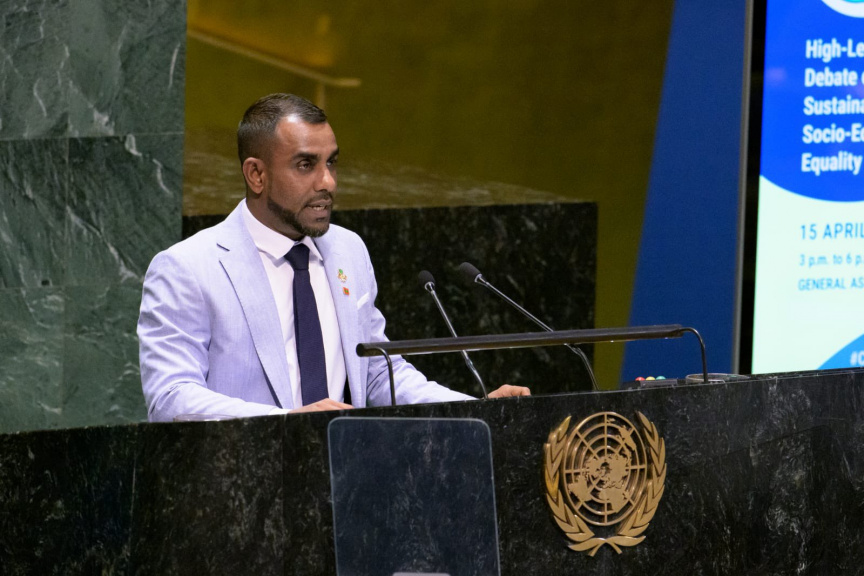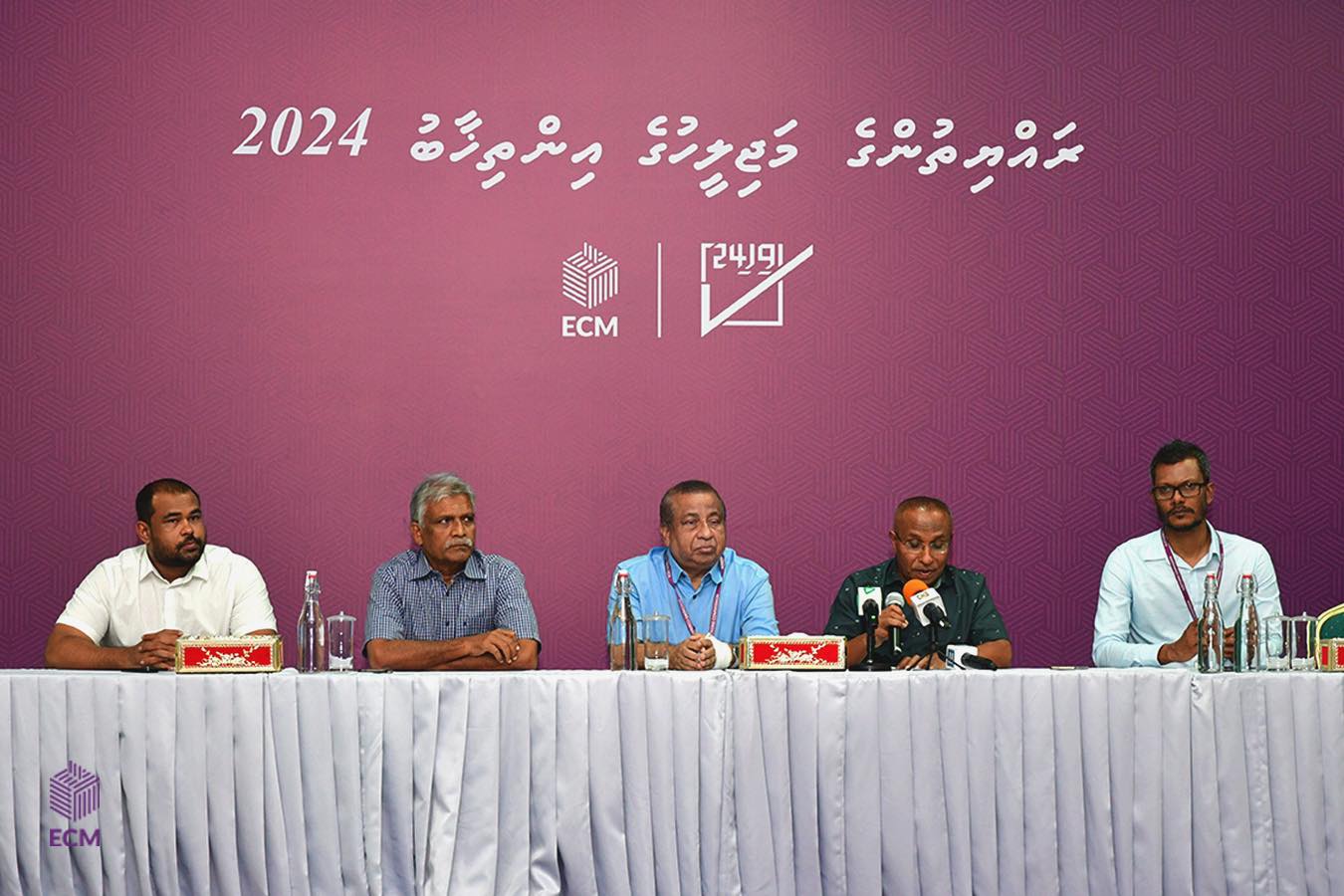The Minister of Tourism Ibrahim Faisal has said the current international financial structure does not adequately meet the financing needs of Small Island Developing States, or SIDS.
The minister made this remarks while speaking at the high-level thematic debate on debt sustainability and socio-economic equality for all at the United Nations General Assembly (UNGA)’s Sustainability Week on Monday.
“SIDS are recognized as a special case for sustainable development, the extreme vulnerability of SIDS to climate change and external shocks raise the cost of infrastructure investments,” the minister said at the meeting.
He added that due to the lack of adequate financial structure, the Maldives faces high costs when borrowing funds from foreign sources.
“This increased cost significantly challenge our ability to service debt, it limits our capacity to invest in infrastructure and other critical developmental needs,” Minister Faisal added.
According to the minister, the high borrowing of the Maldives further impacts the long-term economic stability as well. While highlighting that developing nations require external financial support, the minister stressed that foreign fund sources should be both affordable and sustainable.
“High levels of debt are not unique to any one group of countries, however, in the face of external shocks, SIDS face a disproportionate burden on servicing debt, and maintaining debt sustainability.”
While speaking at the meeting, the Minister of Tourism highlighted the significant revenue improvement of the Maldives, which he attributed to the “highly successful tourism industry”. He further claimed that the Maldives is now a middle-income country.
“To achieve an equitable economic and social progress, we need investments in infrastructure at a massive scale. To achieve this in a sustainable manner, we need access to affordable finance, but as a middle-income country the Maldives has limited access to concessional finance,” Faisal pointed out the limits for the island nation in securing foreign financial instruments for infrastructural development.
The minister said that due to the lack of concessional financial solutions available for the Maldives, the country is left with no choice but to rely on more expensive sources of financing that in turn drive up the country’s national debt.
“This severely challenges our ability to efficiently service debt and hampers our developmental progress.”
He also highlighted the high cost associated with debt servicing as well, and said that high debt service payments restricted the government’s ability to allocate funds to essential public infrastructure and services.
Moreover, he pointed out that this diversion of resources intensified the socio-economic inequality of the Maldives.
He called out for the urgent need for reform in international financial structure to enhance affordable borrowings by SIDS.
The minister also claimed that the issue in terms of repayment is not attached to the high level of debt, but rather the lack of access to financing resources and in particular at concessional rates.
Small Island Developing States including the Maldives face various external factors that either challenge or intervene in their developmental needs, and often times, environmental other forms of crises often dampen the ability of these countries to service debt on highly expensive sources of borrowings.
The Minister of Tourism is accompanied by a high-level Maldives delegate including the staff of the Maldives Mission to the UN at the UNGA Sustainability Week.
Source(s): sun.mv

 Business4 days ago
Business4 days ago
 News2 days ago
News2 days ago
 News5 days ago
News5 days ago
 World2 days ago
World2 days ago
 World2 days ago
World2 days ago
 Sports5 days ago
Sports5 days ago
 News4 days ago
News4 days ago
 World5 days ago
World5 days ago



















